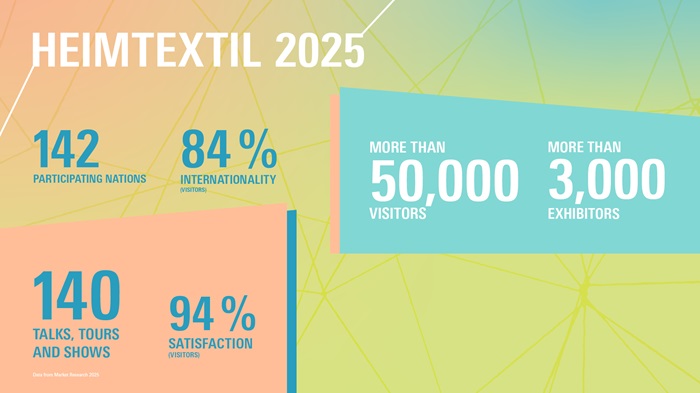Creating stiff competition for local spinners due to higher production costs driven by a gas crisis, Bangladesh’s yarn imports increased by 39.16 per cent to 680.43 million kg in 2024 against 488.96 million kg in 2023, as per Bangladesh Textile Mills Association (BTMA) data. The cost of these imports also increased to $2.27 billion in 2024, from $1.75 billion the previous year. Imports of woven fabrics grew by 20.02 per cent to 588.85 million kg during the year while knitted fabric imports rose by 38.35 per cent to 439.07 million kg.
Local spinners face mounting challenges, including high production costs, insufficient gas supply, and reduced government incentives, leading them to lose yarn orders even from domestic readymade garment (RMG) exporters. RMG exporters, under pressure to meet tight deadlines, often source cheaper imported yarn despite a price difference.
Fazlul Hoque, Former President, Bangladesh Knitwear Manufacturers and Exporters Association (BKMEA) notes, yarn imports, particularly from India, increased due to lower prices. On average, the price difference between local and imported combed yarn has reached 40 cents per kg. Apparel makers with longer lead times and storage capacity often favor imports.
Faruque Hassan, President, Bangladesh Garment Manufacturers and Exporters Association (BGMEA), emphasizes, there is a need for finer count yarn for value-added garments as local spinners struggle to produce these competitively. The reluctance on part of local mills to supply yarn above 40 or 42 counts is further driving demand for imports, he adds.
Khorshed Alam, Chairman, Little Star Spinning Mills, claims, Indian yarn exporters benefit from government incentives and access to raw cotton, allowing them to sell at competitive rates. In contrast, Bangladeshi mills face high utility costs, poor gas supply, and rising bank interest rates, limiting production capacity and increasing costs.
Local mills currently meet 80 per cent of knitwear and 35-40 per cent of woven fabric demand. Despite these challenges, Bangladesh’s earnings from RMG exports increased to $38.48 billion from $35.88 billion in 2023. However, local textile mills emphasize the need for policy support to maintain competitiveness in global markets.











